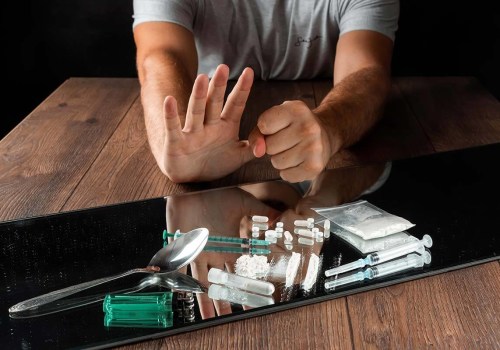When it comes to addiction treatment, group therapy is the most commonly used modality, according to the National Institute on Drug Abuse. But what are the benefits of cognitive behavioral therapy, contingency management, and rational emotional behavioral therapy for addiction? Once your body is free from drugs and alcohol, behavioral counseling can help you identify and change harmful behaviors. Recovery centers typically offer behavioral counseling in an outpatient or inpatient setting. Medication Assisted Treatment (MAT) is a comprehensive approach that combines psychology and physiology.
It's one of the most cost-effective modalities available to those without insurance. At our recovery center, we offer several addiction treatment modalities with licensed addiction specialists who have experience in clinical practice. If you or a loved one is getting ready to start an addiction treatment program, here are some of the types of therapies you may encounter. Even after initial treatment and early recovery, men still need ongoing treatment; their focus just shifts.
Substance use and addiction can have devastating effects on individuals and their families, but it's possible to break the cycle with addiction treatment and recovery. Treatment modalities may include the setting and approach to treatment, as well as other components such as wellness activities. However, the program has not been significantly modified or updated to reflect recent advances in psychology and neuroscience related to addiction treatment. Network therapy is another promising intervention that involves family (and friends) and has been linked to better outcomes for men with cocaine use disorders (Galanter et al.). Outpatient treatment also offers financial incentives for programs that need to reduce costs, as well as other benefits not found in inpatient programs. Traditional treatment therapies have been proven time and time again in clinical studies to be effective in treating a variety of diseases, including addiction.
People with compulsive addictions often become obsessed with certain thoughts and behaviors, such as gambling, eating disorders, and drug or alcohol abuse. Different substances require different treatment plans and medical professionals who specialize in treating Substance Use Disorders (SUD). A holistic approach to treatment involves a balance of traditional and complementary therapies to address multiple aspects of various problems underlying an addiction. Brain dysfunction caused by addiction is the main reason why many people relapse and fail with traditional methods of treatment. Thanks to scientific research, addiction treatment has become more effective over the years.
Complementary therapies are not widely used in treatment programs, but research has shown them to be effective when treating addiction. In Finney et al.'s (1999) review of research on the effects of different settings on successful treatment outcomes, 13 studies on alcohol dependence were analyzed across several variables.






